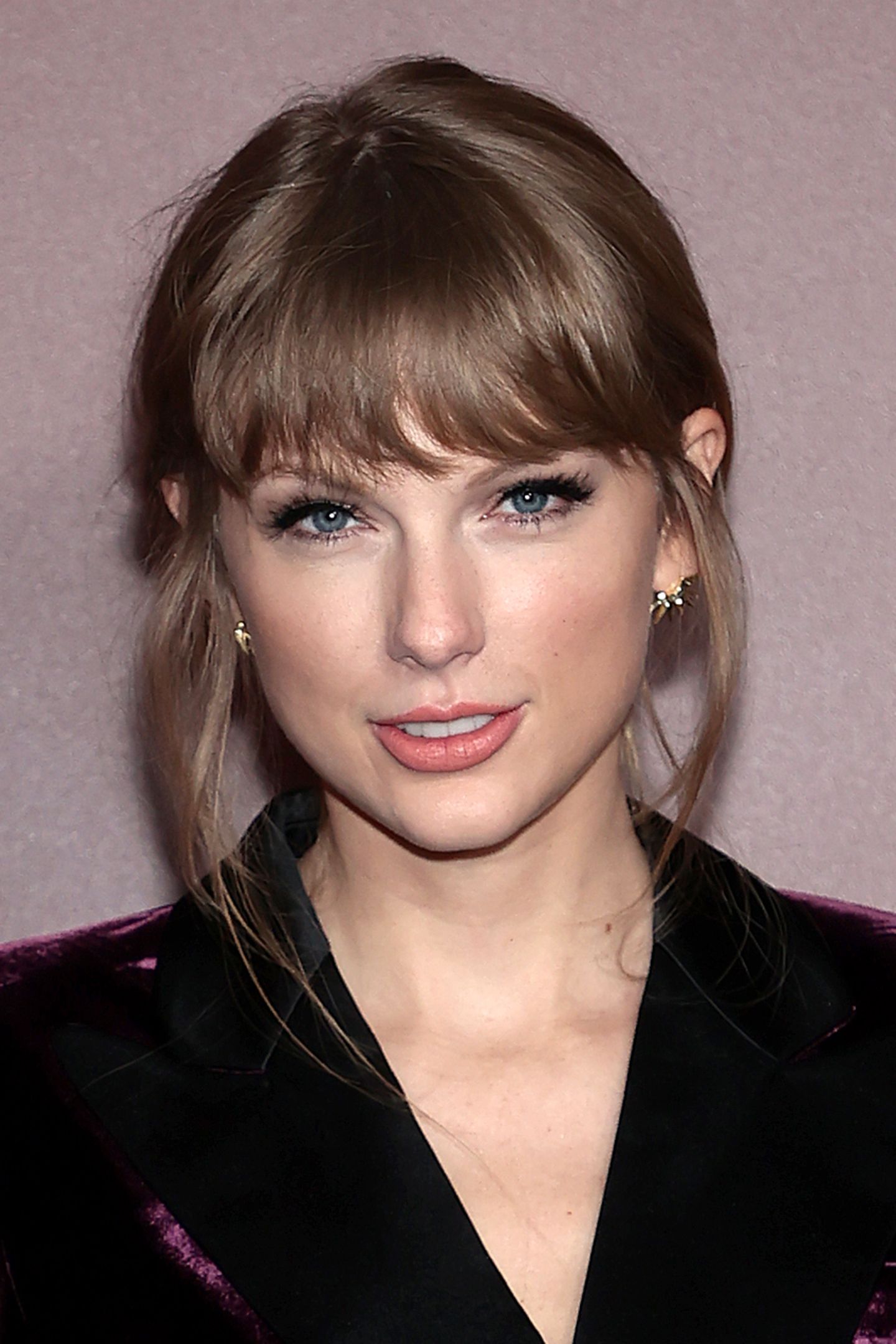Candace Owens, the prominent conservative commentator and political activist, has recently made headlines for her vehement criticism of pop superstar Taylor Swift. This controversy erupted amid Swift’s increasing involvement in political discourse, which Owens argues embodies a “woke” agenda detrimental to the values she champions. In a spirited discussion, Owens has called on the National Football League (NFL) to ban Swift from performing at their events, asserting that her brand of activism conflicts with the core principles of the sports organization and resonates poorly with a sizable segment of its fan base.
Owens’ grievances with Swift primarily stem from the singer’s outspoken political views and grassroots activism, particularly her advocacy for social justice issues and her vocal support for the Democratic Party. Over the past few years, Swift has transitioned from a primarily music-focused career to one that increasingly intertwines art with political messaging. She has utilized her platform to address topics such as LGBTQ+ rights, racial inequality, and voter engagement, efforts that Owens perceives as an overt attempt to push a liberal agenda onto the public. In her view, Swift’s actions are more than mere expressions of personal belief; they represent a broader trend in which celebrities use their fame as a means to influence political outcomes and reshape societal norms, which Owens argues is inherently problematic.

In her critiques, Owens pointed to Swift’s 2020 endorsement of Joe Biden in the presidential election and her efforts to mobilize young voters as prime examples of this alleged “political meddling.” Owens expressed her belief that Swift’s participation in these matters alienates conservative fans who might feel disillusioned by the artist’s departure from themes that once centered around personal storytelling and relatable experiences. This sentiment resonates particularly within the sports community, where fans often seek to escape the often-polarizing nature of contemporary political discourse. Owens argues that by embracing a political identity, Swift risks marginalizing a substantial audience segment, as many fans seek to enjoy sports and music without the interference of political agendas.

Owens has gone so far as to label Swift’s activities as antithetical to the values that many Americans hold dear. By calling for the NFL to dissociate itself from Swift, Owens is drawing attention to what she perceives as a growing intersection of entertainment and politics that could have adverse repercussions for both industries. The NFL, traditionally viewed as a platform for entertainment and sportsmanship, has increasingly faced scrutiny over its political affiliations and messaging, especially in light of recent events that have ignited nationwide conversations about race, equity, and justice. The league’s decision to involve artists like Swift in halftime shows and other promotional events could send a message that alienates the very fans who support the league financially.
Moreover, Owens’ comments have ignited a broader debate about the role of celebrities in social and political causes. Critics of Owens maintain that artists like Swift have every right to use their platforms to advocate for the issues they care about and that doing so can inspire positive change. They argue that rather than shunning artists for their political beliefs, audiences should engage in dialogue about their perspectives, regardless of differing viewpoints. This discourse highlights a crucial aspect of current society: the tension between personal beliefs and public personas, especially in an age where social media amplifies every statement made by influential figures.

Ultimately, Owens’ call for the NFL to ban Swift captures the essence of a growing cultural divide in America, where expressions of identity and belief are increasingly met with fierce opposition. While Owens’ criticisms may resonate with those who share her views on conservatism and traditional values, it also sets the stage for an ongoing discussion about the future of celebrity activism and its implications for industries that have long served as unifying forces across political and social lines. As this conversation unfolds, it will undoubtedly spark passionate responses from both supporters and detractors of Owens and Swift, highlighting the complexities of engaging with contentious issues in an interconnected world.
Leave a Reply